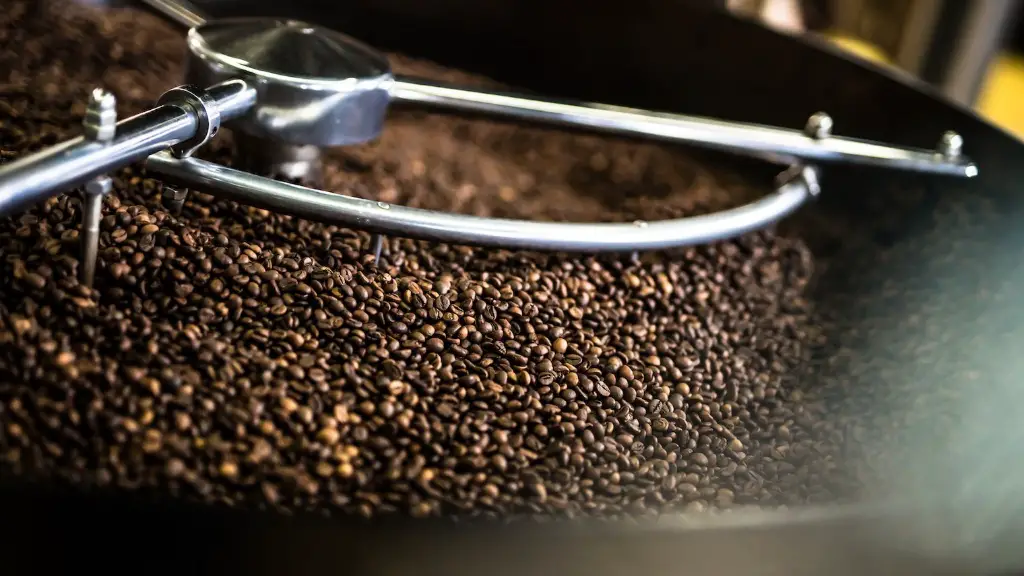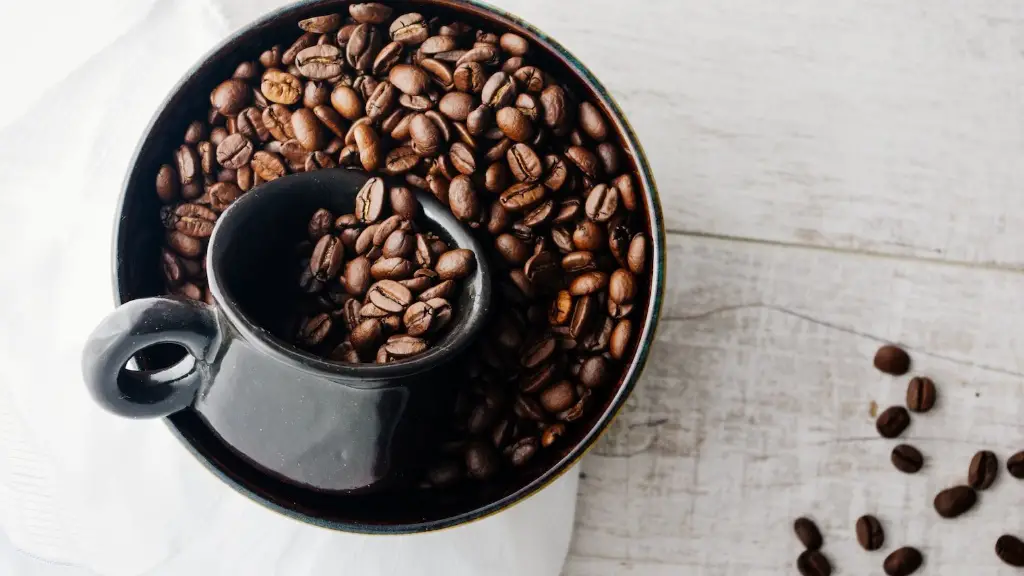How Can I Stop Drinking Coffee?
Most of us are all too familiar with the universal urge to reach for a cup of coffee in the morning. But what do you do when your coffee habit spirals out of control and becomes a dependency which you can’t seem to break?
Coffee can be both a blessing and a curse. While it can provide an energy boost and help sustain mental active and alertness, drinking too much of it can lead to some unpleasant side effects such as anxiety, insomnia, headaches and dehydration. Here’s how to break your coffee dependency and set yourself on the path to healthier, balanced drinking habits.
Know your Limit
Cutting down on coffee can be hard, especially when you have become so accustomed to drinking it regularly. The key is to become aware of your daily consumption. Make a diary of all the drinks and snacks you have, including those made with coffee. Keep track of the proportions of each ingredient and the amount of caffeine each drink contains. Once you are aware of your habits, set a limit for yourself. Most healthy adults should have between 200 and 400 mg of caffeine per day, which is approximately two to four cups of coffee.
Gradual Change
A dramatic change in your drinking habits, such as going ‘cold turkey’ and trying to stop drinking coffee abruptly, can lead to withdrawal symptoms. To avoid this and to ensure the process of reducing your coffee intake is manageable and sustainable, it is important to gradually reduce your caffeine consumption. Cut down by one cup at a time and make sure you replace each cup with a decaffeinated alternative. Each cup should be replaced with a different caffeine-free substitute such as herbal tea, fruit-infused water or a cold brew. This can help make the transition less daunting and easier on the body.
Enlist Support From Your Circle
Letting family and friends know of your challenge and enlisting them to help you meet your goal can be a great way to give you more motivation and focus. Listening to their advice, ideas and support could be the nudge you need to keep going. Organise coffee dates as an opportunity to get together with them and have stimulating conversations without drinking coffee. Explain why this is hard for you and why it is important for you to change your habits. It is important to remember that you should never be too hard on yourself when trying to quit coffee and progress at your own pace.
Substitute Coffee With Healthy Alternatives
When considering coffee alternatives, it is essential to look at what you are consuming. Swap coffee for other drinks that can energise and refresh you, yet don’t come with any of the drawbacks that an excessive caffeine intake can bring. Water, herbal teas and warm citrus drinks are all nutritious options. Adding fresh herbs into your drinks such as mint, basil and ginger can also be beneficial as they elevate the taste and provide extra vitamins and phytonutrients.
Snack Right
Finding the right snacks for your diet can help reduce your coffee cravings. Healthy snacks, such as fruits, nuts, smoothies can be a great way to satisfy your hunger and give you a mid-day kick of energy without needing to coffee. Eating smaller portions more frequently throughout the day is also beneficial as it helps to keep your blood sugar levels balanced and therefore keep your mood steady and alert.
Create a Routine
Creating a balanced and nutritive routine can help support the process of getting off coffee. Incorporating physical activity into your daily routine can help recharge your energy and vitality levels naturally. Yoga or stretching exercises can help you to start each day feeling alert and energised. Meditation can also be a great activity to relieve stress and give you the sense of mental wellbeing.
Reach Out For Professional Help
If you feel exhausted and overwhelmed while trying to cut down on coffee, it is important to reach out for professional help. A health professional can help you assess your current habits, sets realistic goals and offer guidance on how to adopt an appropriate diet and incorporate regular physical activity into your lifestyle. This is especially beneficial if your caffeine dependency is due to underlying mental health issues or serious medical conditions that require medical support.
Alternative Ways To Cope With Stress
Stress and anxiety can often lead to unhealthy, caffeine-filled habits. It is important to recognise stress triggers and learn alternative ways of coping with it without having to resort to drinking coffee. Taking some time off for yourself can help nurture your equilibrium and refocus. Activities such as walking in nature, journaling or treating yourself to spa days can help you cultivate mindfulness and focus on your wellbeing.
Get Of The Negative Cycle
Getting caught up in the negative cycle of neglecting yourself, indulging in coffee and suddenly realising it may be hard to break. It may feel like an uphill battle but don’t be discouraged! The important thing is to take control and be proactive about it, take it step by step and be patient with yourself, knowing that this is a journey of self-discovery can help getting back on the track.
Take Advantage of Technology
In the era of Internet, we often feel overwhelmed by the vast amount of information available. Capitalise on this by researching healthy eating habits, alternative drinks and activities that can help us maintain balance. Investing in technology such as smartwatches can help you keep track of your progress and your daily goals. There are various applications that can guide us through the process of nurturing wellness and moderating your caffeine intake
Seek Professional Help
If you’re still finding it difficult to quit your coffee habit and feel stuck in a negative spiral, seeking help from a healthcare professional can be beneficial and can guide you in the journey of abstaining from caffeine. Mental health professionals can offer key strategies and advice on how to reduce and manage stress levels. This can be helpful for those whose coffee dependency is driven by underlying mental health issues.



